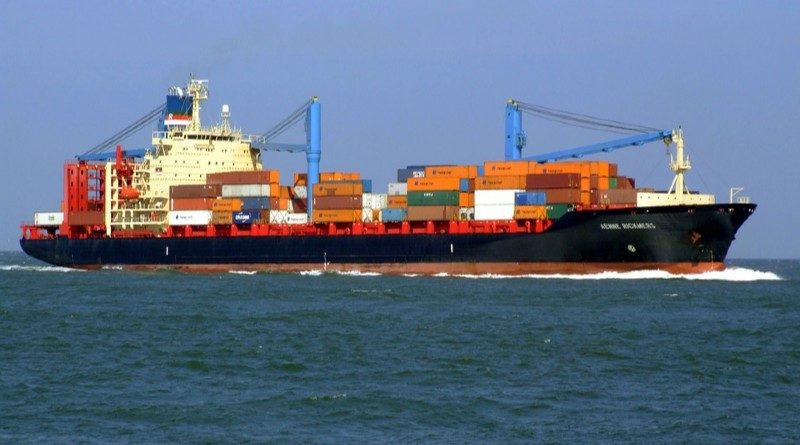“Domino” effect from port disruption likely as further strikes loom
With strikes now active at the UK’s largest container port, experts in international logistics are now warning of a “domino effect” on supply chains.
“Even minor interruptions to port operations can have a major impact on container line network efficiency and cause a domino effect up and down supply chains,” said Christian Roeloffs, CEO & Co-founder of Container xChange.
“Strikes at European ports this year have already been highly damaging to logistics operations, manufacturers, and industry at large. We expect further industrial action to be just as harmful.”
Among the many other strikes now looming, dockworkers at the port of Liverpool have just voted to pursue industrial action for improved pay, though union leaders have as yet not confirmed strike dates. With inflation now tipped to hit an eye-watering 18% next year, wage packet deals agreed only recently by some unions will already represent a real terms cut, prompting many workers to hold out for further improved offers.
An eight-day strike over pay by over 1,900 workers commenced on 21 August at the port of Felixstowe, the UK’s largest container gateway which handles over four million TEUs (Twenty-foot Equivalent Units) each year. Containers destined for here have since been forced to reroute to alternative UK ports and occasionally back towards Northern Europe. According to Container Xchange data, Felixstowe ranks as one of Europe’s slowest ports with the greatest surplus of containers.
“Felixstowe’s Container Availability Index reading suggests that terminal operators and carriers will likely have had difficulties to clear storage areas of boxes, especially empties, even before the commencement of strike action,” said Roeloffs.
“This interruption of operations will add to operational inefficiencies at the terminal and in the hinterland. It will also have ramifications for carrier networks on intra-Europe and Asia-Europe services.”
Europe also battling industrial action
The wave of industrial action is not just a UK issue and in fact German ports like Hamburg, Bremerhaven, and Wilhelmshaven have witnessed direct action. Negotiations remain ongoing between trade union ver.di and the Central Association of Germany Seaport Companies (ZDS).
“Ports in northern Germany suffered strikes earlier this year as workers there sought higher wages as inflation causes difficulties across Europe,” added Roeloffs. “Our proprietary data shows this resulted in build-ups of containers at terminals and in storage yards. This added to the logistics problems we have seen across Europe this summer where lower water on the Rhine has forced many containers onto rail networks and trucks as barge shipping has become increasingly difficult.”



